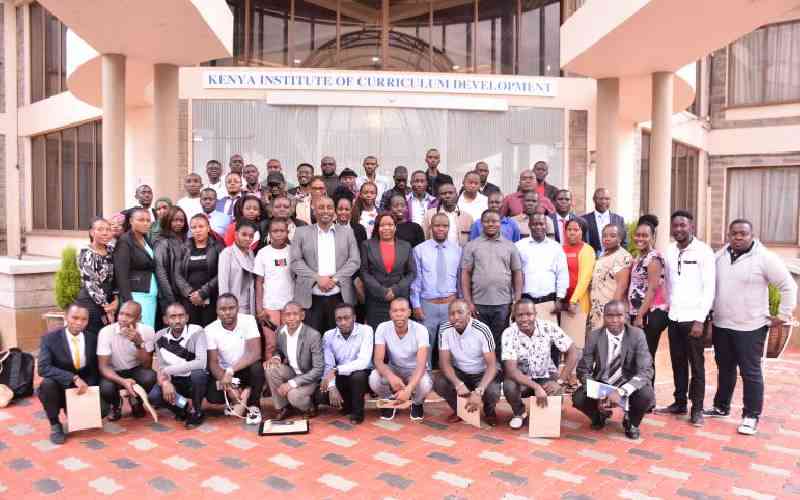×
The Standard e-Paper
Home To Bold Columnists

The UN has recognised Kenya as the first country in Africa to approve content for teaching computer programming lessons in primary and secondary schools.
In a report published on Wednesday, Unesco lauded the country for its support of the digital literacy under the new curriculum.